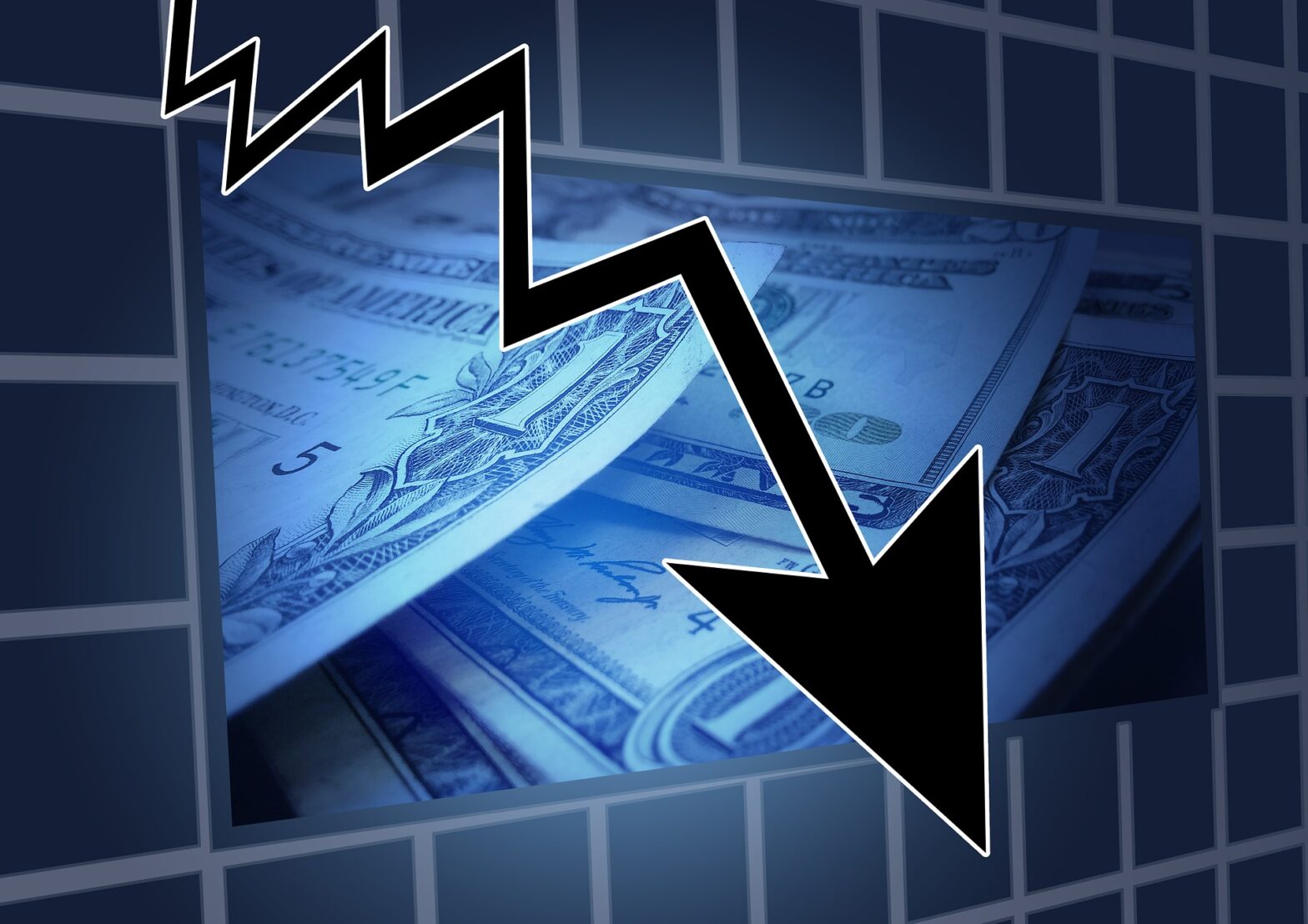One of the benefits of filing bankruptcy is that creditors are precluded from taking collection actions. When a taxpayer who owes unpaid taxes to the IRS files for bankruptcy, this collection hold applies to the IRS. But what if the IRS could simply file a motion and avoid the collection hold? This is exactly what happened in Pansier v. United States, No. 1:19-cv-00537 (E.D. Wis. 2019).
Facts & Procedural History
The taxpayers in this case have had ongoing tax problems for many years. They have also had tax issues for prior bankruptcy filings.
This case involved a Chapter 7 bankruptcy filed in March of 2018. At the time, the taxpayers owed $250,000 in back taxes to the IRS. The taxpayer-husband was also receiving a pension payment in excess of $2,000 a month.
Once the bankruptcy petition was filed, the bankruptcy automatic stay prevented the IRS from levying on the pension payment to satisfy the back taxes.
Nine months after the bankruptcy petition was filed, the IRS filed a motion to lift the automatic stay. The bankruptcy court granted the IRS’s motion, which is the subject of this court opinion.
About the Automatic Stay
The automatic stay is a central feature of bankruptcy. It prevents creditors from taking any collection action while the stay is in place. This is one of the primary benefits of filing for bankruptcy.
Section 362(d) of the bankruptcy code sets out several exceptions to the automatic stay. As relevant here, this section allows the court to lift the automatic stay:
(1) for cause, including the lack of adequate protection of an interest in property of such party in interest;
(2) with respect to a stay of an act against property … if—
(A) the debtor does not have equity in such property; and
(B) such property is not necessary for an effective reorganization
This allows the court to lift the stay if there is inadequate protection in interest in the property. But what is inadequate protection?
Taking Away the Primary Benefit of Bankruptcy
In this case, the IRS argued that the taxpayers received a benefit each month that the automatic stay was in place. Its argument was that the taxpayers used the pension funds to pay their living expenses without paying any portion to the IRS to satisfy their tax debts. The IRS also noted that the tax debt continued to grow as penalties and interest accrued.
The bankruptcy court agreed–as did the appeals court. The bankruptcy court found that there was inadequate protection for the IRS’s interest. It noted that the taxpayers were of advanced age and that the growing tax debt was not likely to be paid before they die. According to the court, these facts show inadequate protection.
This same argument could be used by the IRS in most bankruptcy cases. If used in other bankruptcy cases with significant unpaid tax debts, those owing the IRS may have little to gain by filing bankruptcy. The collection hold by an offer in compromise filed outside of bankruptcy might serve the taxpayer better.

